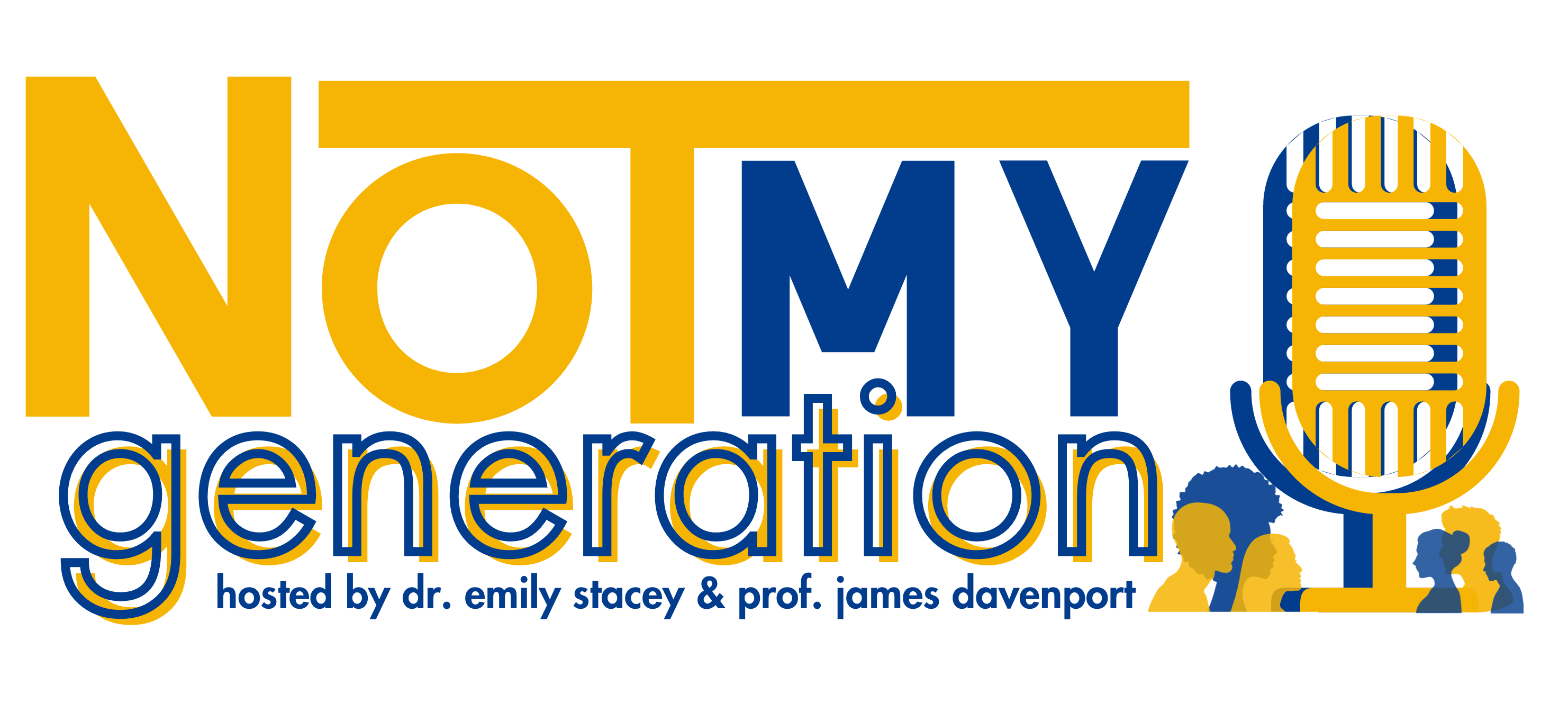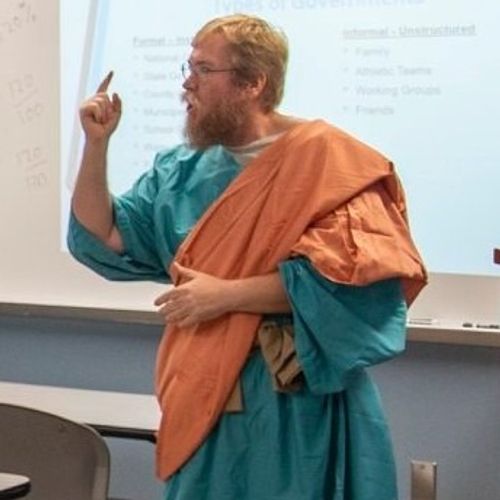Episode 14
14 - Steven Levitsky Explains How Democracies Die
Emily, who is leading a book club at Rose State College, had the opportunity to interview Dr. Steven Levitsky, co-author of "How Democracies Die" - the book Emily selected for this semester. In the interview, Dr. Levitsky explains some of the threats he sees to American Democracy and what can be done to protect against those threats.
James and Emily also discuss the results from the South Carolina presidential primary elections and speculate on the possibility of an independent or third party candidacy by Nikki Haley or another anti-Trump Republican.
Dr. Steven Levitsky is the David Rockefeller Professor of Latin American Studies and Professor of Government at Harvard University. You can find out more about him here: https://scholar.harvard.edu/levitsky/home
Learn more about "How Democracies Die" by Steven Levitsky and Daniel Ziblatt here: https://www.litcharts.com/lit/how-democracies-die/summary
Find out more about Dr. Emily Stacey here: https://www.rose.edu/staff/social-sciences-department/stacey-emily/
Find out more about Professor James Davenport here: https://www.rose.edu/staff/social-sciences-department/davenport-james/
You can follow Not My Generation on X (Twitter) at @NMGpodcast and on Facebook at Not My Generation Podcast. You can also email us at NotMyGeneration@raider.rose.edu
The views expressed here are solely the views of the hosts and their guests and do not represent the views of Rose State College, its administration, faculty or students.
Mentioned in this episode:
Not My Generation Promo Snippet






